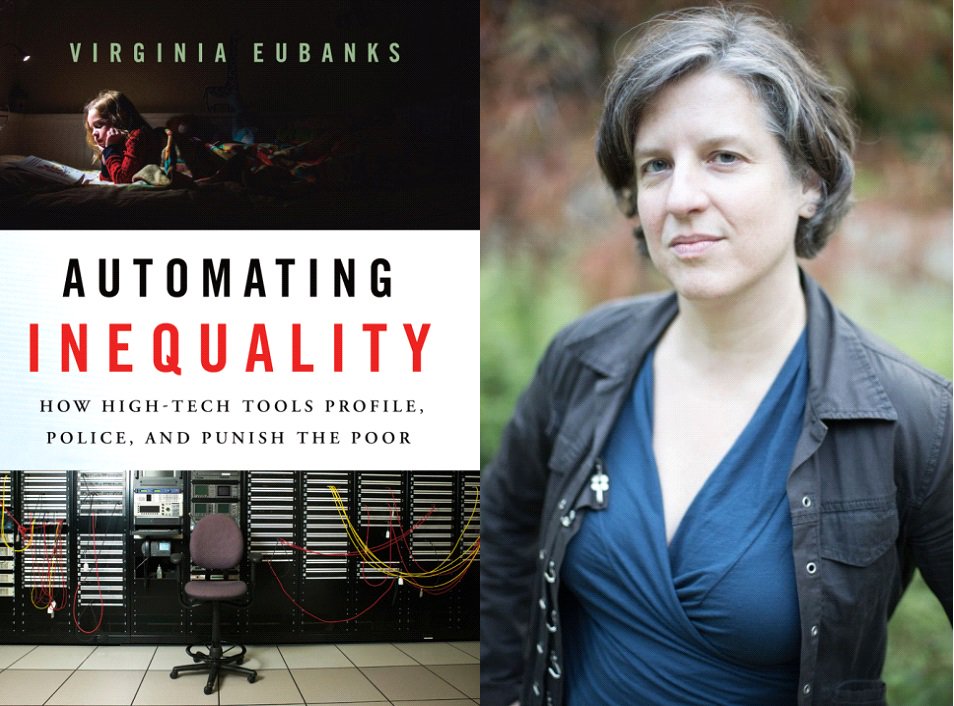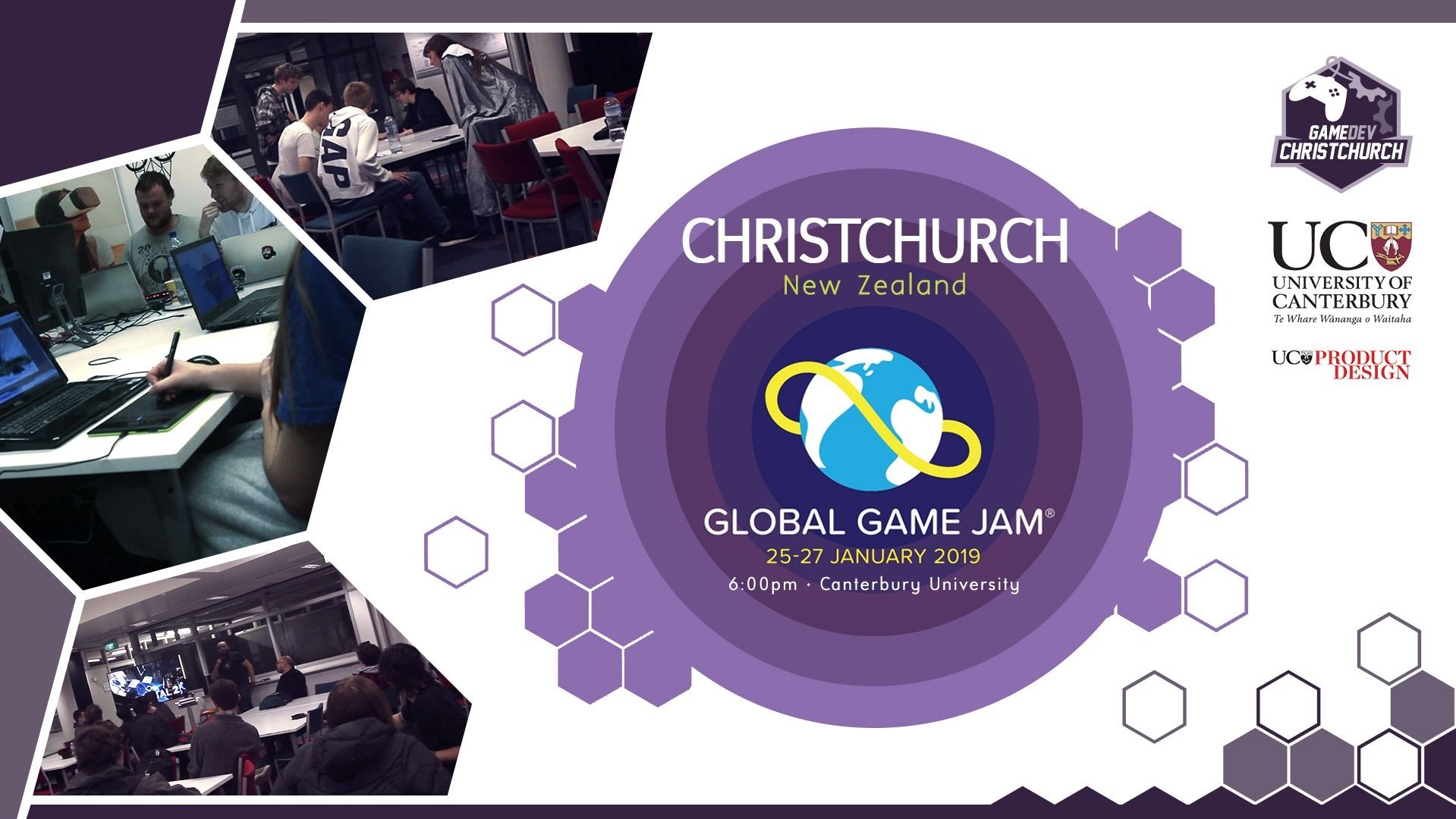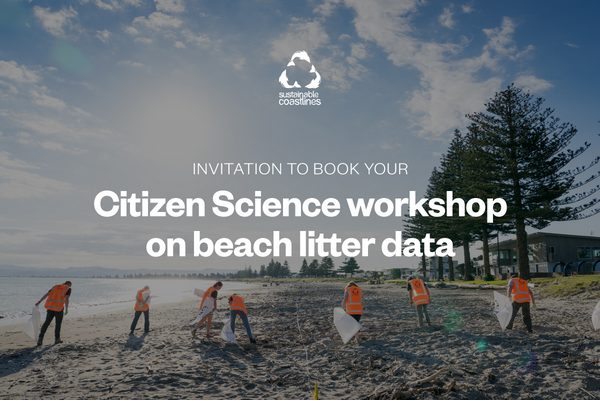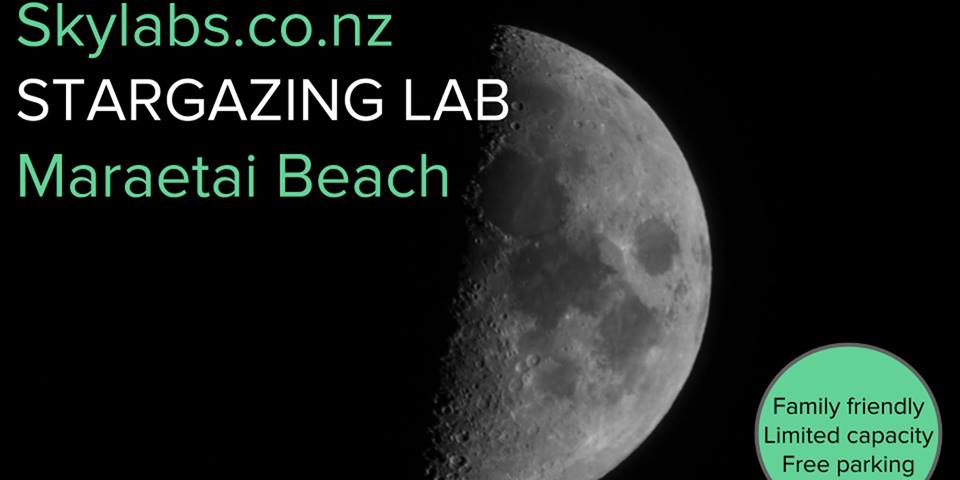What
Renowned US author of Automating Inequality Prof. Virginia Eubanks and University of Auckland Prof. Tim Dare (a specialist in Ethical Analysis of Predictive Risk Modelling) will lead a panel discussion on how data is being used around the world, and how we can use it responsibly in New Zealand.
In her new book, Automating Inequality: How High-Tech Tools Profile, Police, and Punish the Poor, Eubanks explores how data mining, policy algorithms, and predictive risk models are increasingly affecting vulnerable people in society – the poor and working-class.
This will be a rare opportunity to meet Prof. Eubanks – who is visiting New Zealand for the first time – and hear her perspective on how data mining, policy algorithms, and predictive risk models are increasingly affecting vulnerable people in society – the poor and working-class.
Tohatoha, in association with InternetNZ, is hosting events in Auckland and Wellington where attendees can meet Prof. Eubanks and hear her perspective on how the issues raised in a USA context in her book may also be applicable to New Zealand.
“In an age where New Zealand is increasingly moving towards automation of public systems and social services, this is a prime opportunity to hear from a specialist on the subject and consider whether inequality is becoming automated in New Zealand, why it matters and what can be done about it,” says Tohatoha CEO, Mandy Henk
The discussion and Q&A will be led by Jordan Carter, CEO of InternetNZ, with input from Mandy Henk, CEO of Tohatoha Aotearoa Commons (formerly Creative Commons Aotearoa NZ)
About Professor Virginia Eubanks
Virginia Eubanks is an Associate Professor of Political Science at the University at Albany, SUNY. In addition to Automating Inequality, she is the author of several other books, including Digital Dead End: Fighting for Social Justice in the Information Age; and co-editor, with Alethia Jones, of Ain’t Gonna Let Nobody Turn Me Around: Forty Years of Movement Building with Barbara Smith. Her writing about technology and social justice has appeared in Scientific American, The Nation, Harper’s, and Wired. For two decades, Eubanks has worked in community technology and economic justice movements. She was a founding member of the Our Data Bodies Project and a 2016-2017 Fellow at New America. She lives in Troy, NY.
About Professor Tim Dare
Tim
Dare is a Professor of Philosophy at the University of Auckland. He
worked briefly as a lawyer before doing his PhD in the philosophy of law
and starting his academic career in the early 1990s. His publications
include books and articles on the philosophy of law, legal ethics,
immunisation programmes, the significance of judicial disagreement,
parental rights and medical decisions, the proper allocation of the
burden of proof, and the use of predictive analytics in child
protection. He is employed by New Zealand’s Ministry of Social
Development to provide data ethics advice and to develop privacy, human
rights, and ethical review processes for proposed uses of client data.
He has provided ethical reviews of a number of predictive risk modelling
tools in New Zealand and the US. He is principal investigator on a NZ
Royal Society Marsden Grant (2018-2020) investigating the ethics of
using predictive risk modelling tools in social policy contexts, and
sits on a number of local and national research and clinical ethics
committees.
When and Where
18 March, 2019
4pm – 6pm
Rangimarie Room, Te Papa Tongarewa,
55 Cable Street, Te Aro, Wellington.
How Much
$25 (waged) or $10 (unwaged). Get tickets here.
More
US author Virginia Eubanks to visit NZ in March. Press release on 25 February 2019 by Tohatoha.
Are we automating inequality in Aotearoa? Prof. Virginia Eubanks in discussion with Prof. Tim Dare.








